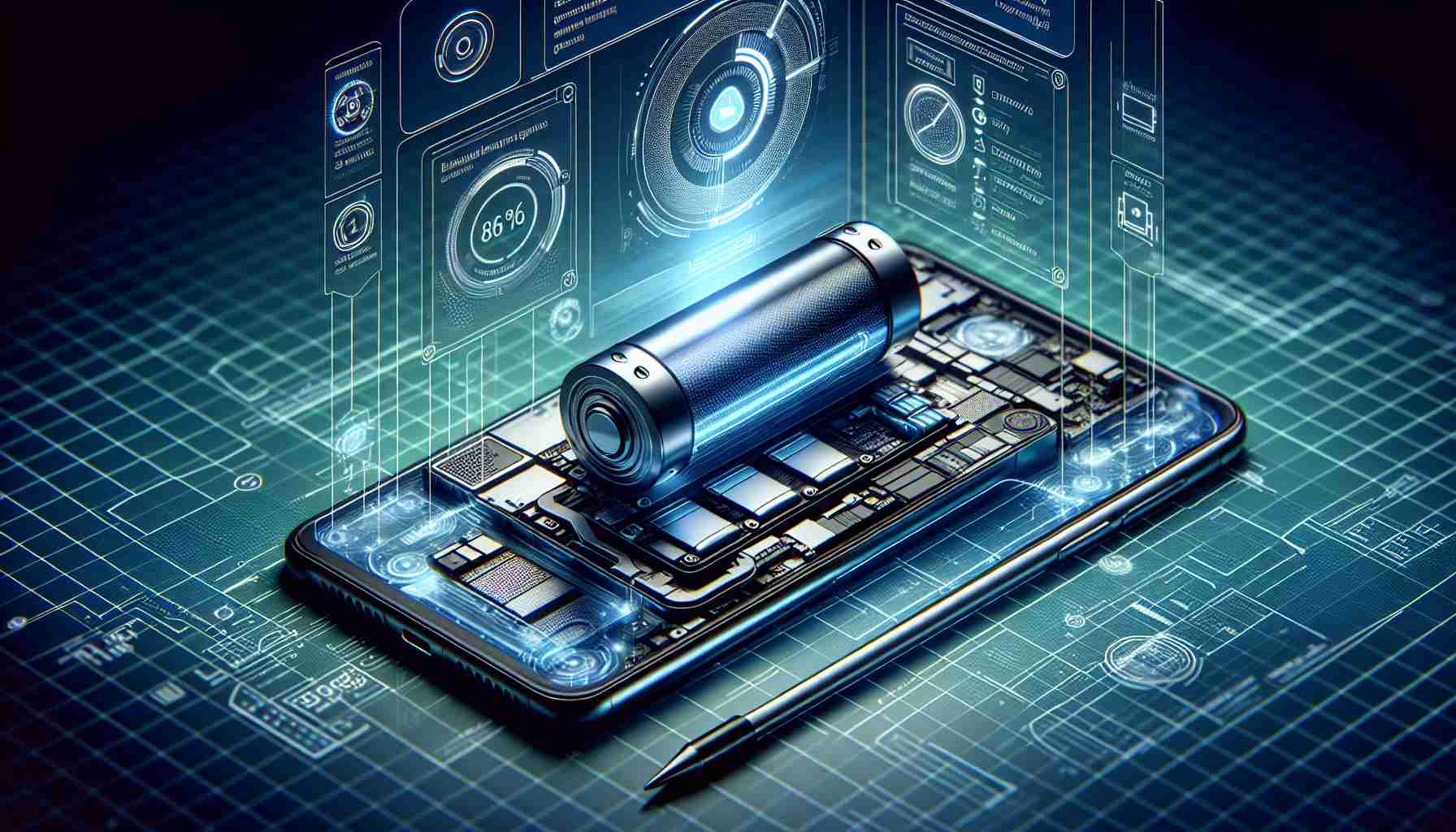The world of smartphone technology is on the brink of a significant breakthrough with the emergence of silicon-carbon batteries. As the demand for longer battery life and faster charging grows, the limitations of traditional lithium-ion batteries become more apparent. Silicon-carbon technology presents a promising alternative, poised to redefine power dynamics in smart devices.
At the heart of silicon-carbon battery tech is the material’s unique ability to store more energy compared to its lithium counterparts. Silicon can hold up to ten times the electrical charge of graphite, which is commonly used in conventional batteries. By integrating carbon, researchers tackle silicon’s natural tendency to expand and contract, which previously led to battery degradation.
As smartphones become increasingly integral to daily life, the advantages of silicon-carbon batteries extend beyond mere longevity. Users can expect rapid charging capabilities and improved efficiency. This means less time tethered to charging cables and reduced battery strain from demanding applications.
Environmental benefits also play a crucial role in this technology’s appeal. With a reduced carbon footprint and less reliance on scarce materials traditionally used in batteries, silicon-carbon batteries align with the growing emphasis on sustainability.
In conclusion, the introduction of silicon-carbon batteries could significantly transform the smartphone landscape. As research and development continue, the promise of these innovative power sources may soon become a tangible reality, paving the way for the next generation of smart devices.
Silicon-Carbon Batteries: A Game-Changer Beyond Smartphones
The advent of silicon-carbon batteries is set not only to revolutionize smartphones but also to ripple profound changes across various sectors. While smartphones are the first in line to benefit, the potential applications and implications of this technology are much broader.
How Could Electric Vehicles Change?
Electric vehicles (EVs) stand to gain remarkably from silicon-carbon battery technology. Current EVs often require long charging times and offer limited range due to battery constraints. By providing rapid charging and higher energy density, silicon-carbon batteries could significantly reduce charging durations and extend travel distances, addressing two critical consumer pain points in the EV industry.
Environmental Impact and Sustainability
Interestingly, this battery technology might create new environmental challenges even as it mitigates others. While less dependent on cobalt and rare earth elements, the increased demand for silicon could lead to over-mining and potential ecological harm if not managed responsibly. As such, questions arise: Are we prepared for the unintended consequences of this shift in material dependence?
Challenges and Skepticism
There is healthy skepticism about the long-term reliability and scalability of silicon-carbon batteries. Critics argue that while lab results are promising, real-world application could reveal unforeseen challenges. Would mass production stabilize the technology, or will it encounter failures similar to early lithium-ion batteries?
Potential Disadvantages
The transition to silicon-carbon batteries could also disrupt existing battery manufacturing industries, leading to economic shifts and job market fluctuations. How will communities reliant on traditional manufacturing adapt to such changes?
For more on emerging battery technologies, visit: U.S. Department of Energy and MIT Technology Review. These resources provide insights into how silicon-carbon advancements may sculpt the future of energy storage beyond personal devices.






















